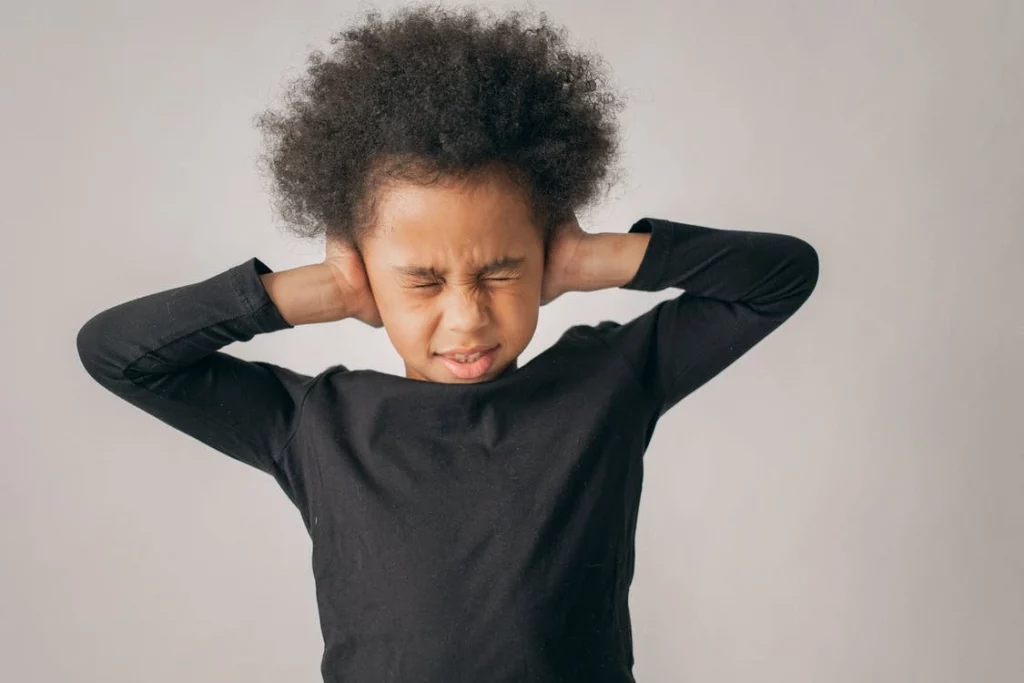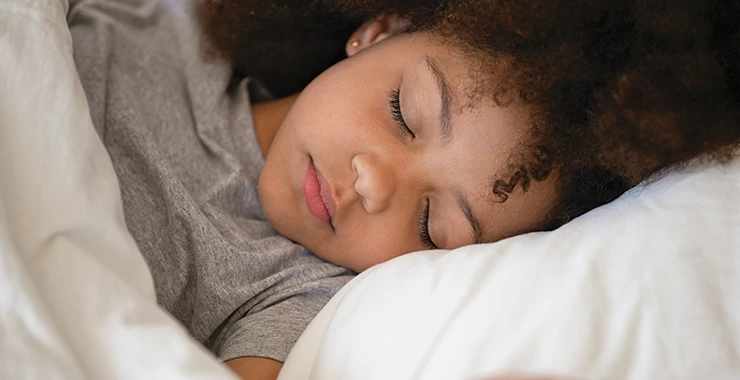According to research, children between the ages of 6 and 12 should consistently sleep for 9 to 12 hours per night to ensure their health is at its best.
A recent study found that obtaining less than nine hours of sleep each night causes cognitive decline, mental health issues, and reduced grey matter in specific brain regions.
Comparing children who sleep 9 hours or more per night to those who sleep less than that, researchers have shown that the brain regions responsible for memory, intelligence and well-being are significantly different from children who sleep less than that.
Children who get less sleep are also most likely to experience melancholy, anxiety, and impulsive conduct.
These variations were associated with more severe mental health issues, such as depression, anxiety, and impulsive behavior, among those who got too little sleep.
A lack of sleep has also been associated with issues of memory, problem-solving, and decision-making.
To promote optimal health, the American Academy of Sleep Medicine advises children aged 6 to 12 to sleep for 9 to 12 hours per night regularly.
No research has looked at the long-term effects of inadequate sleep on pre-teens’ neurocognitive development.

Over 8,300 kids aged 9 to 10 were enrolled in the Adolescent Brain Cognitive Development (ABCD) study to provide data, which the researchers used to conduct the study.
They looked at MRI scans, medical records, and surveys that participants and their parents had filled out at the time of enrollment during a two-year follow-up visit when they were between the ages of 11 and 12.
The greatest long-term investigation into child health and brain development in the US is the ABCD research, which is supported by the National Institutes of Health (NIH).
“We found that children who had insufficient sleep, less than nine hours per night, at the beginning of the study, had less grey matter or smaller volume in certain areas of the brain responsible for attention, memory, and inhibition control compared to those with healthy sleep habits,” said Dr. Wang.
Subscribe to our YouTube Channel at Switch TV
This is one of the first studies to show the possible long-term effects of sleep deprivation on young children’s neurocognitive development.
Additionally, it offers strong support for the current guidelines for children’s sleep, according to Dr. Wang and his associates.
The study team discovered that participants in the sufficient sleep ground tended to gradually sleep less over two years, which is typical as kids enter adolescence, whereas people in the insufficient sleep group’s sleep habits did not significantly alter.
















